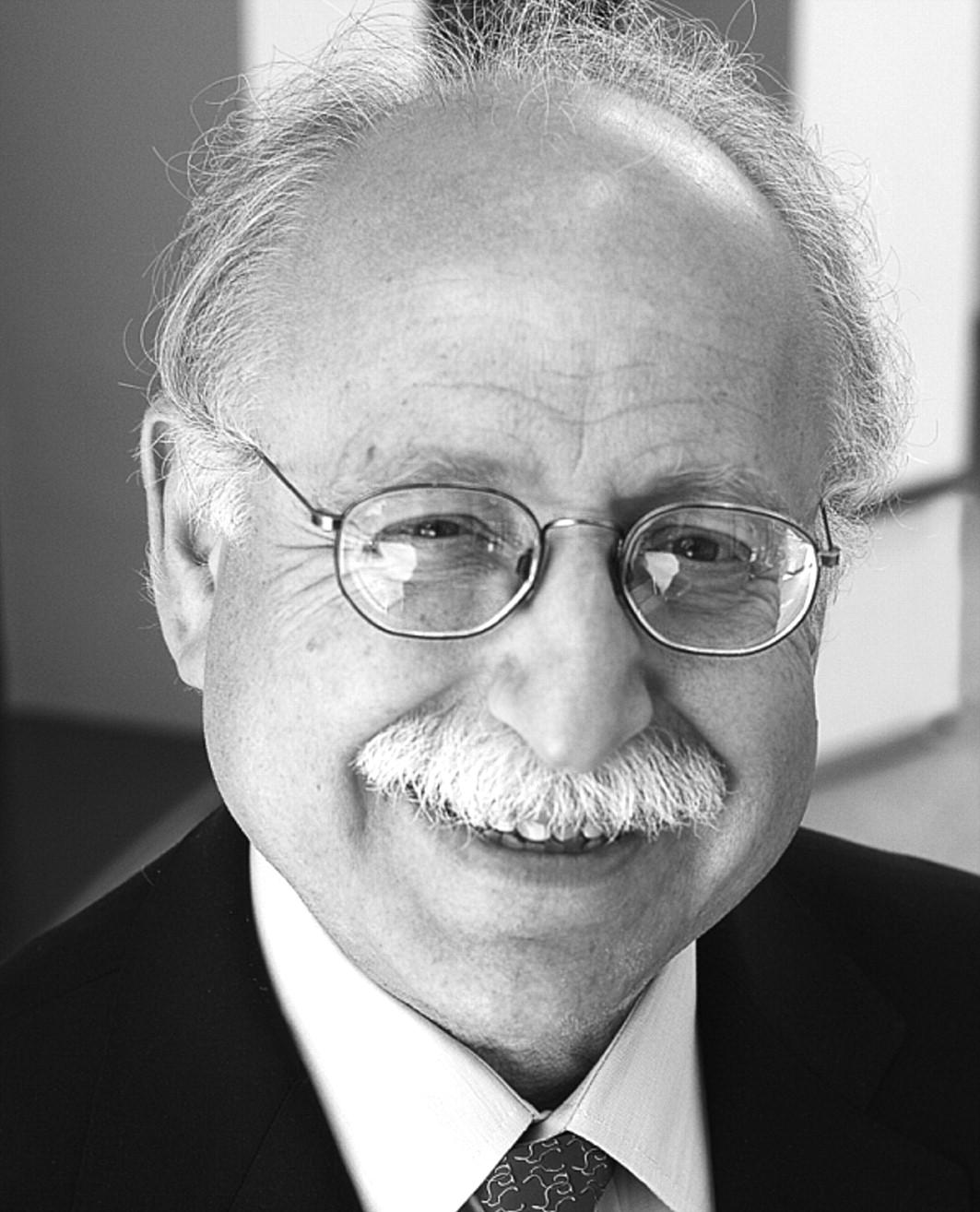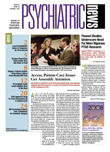I am honored to have been nominated to run for APA president-elect. APA needs not only to be an effective advocate for the practice of psychiatry and the care of our patients, but must also serve as a standard bearer for the scientific aspects of our specialty. I believe, as an organization, we have spent a great deal of effort and have had considerable success in the past 10 years in clinical advocacy, but have lagged on cutting-edge science. The result has been that many of the very best psychiatrists do not belong to the organization, feeling it is irrelevant. Among our members, there is a sense of apathy reflected in low—and constantly decreasing—voter turnout, poor attendance at annual meetings, a sense of wondering of why they should belong to the organization, and even a lack of pride in their specialty. As president, I will work on both practice-related issues as well as on improving the scientific, educational, and professional-identity aspects of our field.
Our profession faces a number of pressing issues. We need to continue to advocate for parity for mental health coverage on a national basis, which is close to being enacted into law. We also need to continue to fight to protect our scope of practice and to advocate for better reimbursement. I have had experience with all of these issues in California, where parity was enacted several years ago, where we have negotiated successfully with third party payers, and where we have fought against efforts to allow psychologists to prescribe psychotropic medications. Parity in California has covered specific disorders and necessitated that we train our residents and practitioners to effectively treat a wide range of patients. We also need to be ever more vigilant about protecting patients' confidentiality.
As a medical specialty, we need to educate our members on rapidly developing technology in diagnostics and therapeutics, just as we educated the field in the practice of psychopharmacology decades ago. We need to add value to being an APA member by providing the latest in scientific information to help them become better practitioners and to be even more proud of their specialty. Our annual meetings need to be intellectually and scientifically exciting and practical, and high level educational experiences need to be made more readily available to all members throughout the year. We need to engage our academic colleagues in becoming active members to help teach us the newest science. We also need to advocate for psychiatry's obtaining our fair share of national research dollars. If elected, I pledge to work on these major issues confronting our organization and our specialty.
I am currently professor and chair of psychiatry and behavioral sciences at Stanford University. APA has been a major focus of my professional career since I joined in 1973. I have been active at the district branch level, serving on the Council of the Massachusetts Psychiatric Society when on the faculty at Harvard Medical School and as vice president of the Northern California Psychiatric Society. At APA, I have been a member of the Council on Research and the Committee on Research on Psychiatric Treatments and have chaired the Committee on Research Awards. I have served as an associate editor of the American Journal of Psychiatry and am currently president of the American Psychiatric Publishing, the publishing arm of APA and the largest psychiatric publisher in the world. I have also received the APA Award for Research.
I believe my experiences as a clinician, administrator, researcher, and author prepare me well to fill this office. For the past 33 years, I have maintained a practice in psychopharmacology and mood disorders. I have worked in many different settings, having been in charge of the clinical programs at McLean Hospital, Mass Mental Health Center, and for the past 16 years at Stanford University Hospital and Clinics, where we have built a successful program, ranking in the U.S. News Top 10 list for the past five years. As a researcher, I have published approximately 400 papers and 20 books. Our Manual of Clinical Psychopharmacology, first published in 1986, and now in its sixth edition, helped set a standard of practice. Our Textbook of Psychopharmacology, in its third edition, has become a major source book in the field. I have been president of both the American College of Neuropsychopharmacology and the Society of Biological Psychiatry and am a member of the Institute of Medicine of the National Academies of Sciences. Please join me in my efforts to improve both APA and our profession.
Primary Professional Activities And Sources of Income
Professional Activities
•.
75%—Professor and chair of psychiatry, Stanford University School of Medicine
•.
6%—Consulting to biotech start-up companies
Income
•.
11%—Consulting to biotech start-up companies

